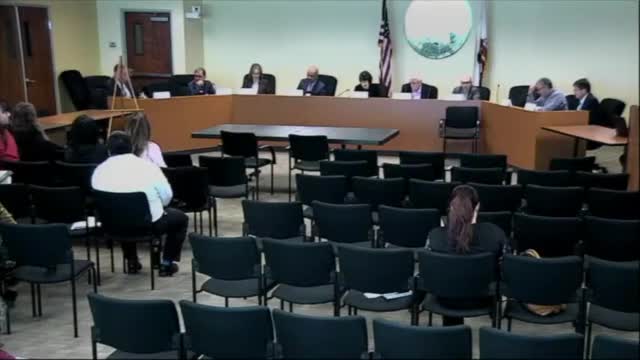Article not found
This article is no longer available. But don't worry—we've gathered other articles that discuss the same topic.
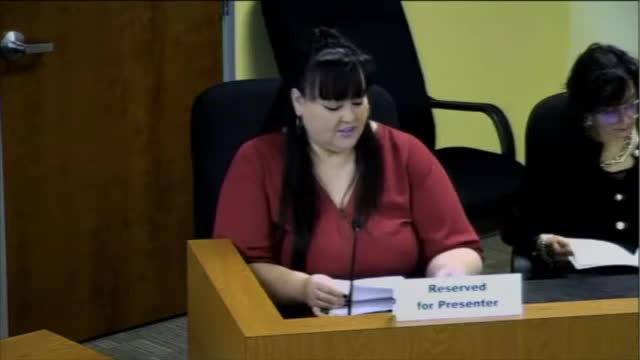
Council hears bill and regulation updates: AB 5, SB 391, SB 358, TB 117 federal bill and rulemaking timelines
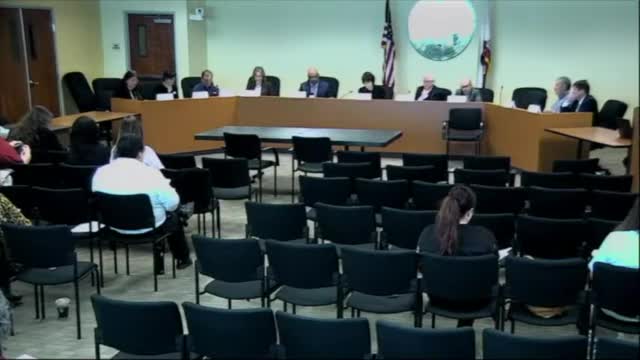
Lab reports TB 117-2013 pass rates; 8 AFR samples sent to DTSC for chemical analysis
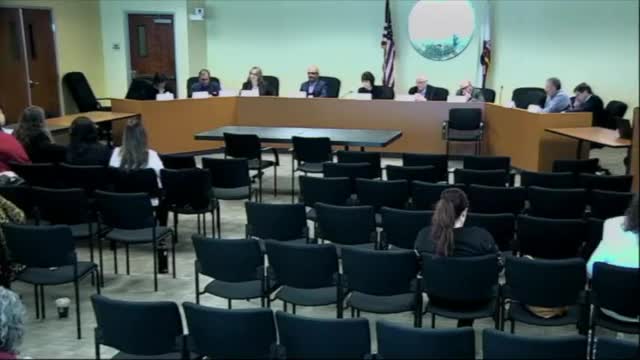
Bureau steps up enforcement on unpermitted movers; advisory warns pods, restoration and brokers may need permits
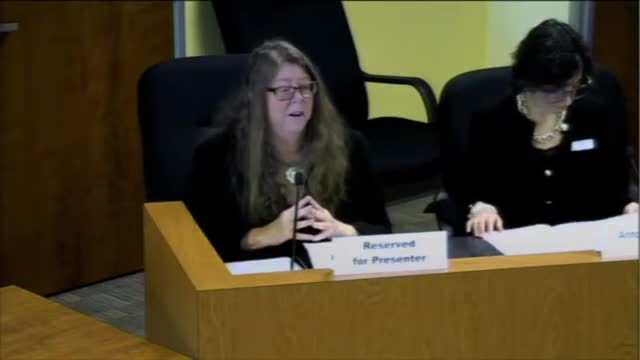
Bureau reports license trends, consolidated movers exam and expands service contract filings under SB 1483/AB 2998
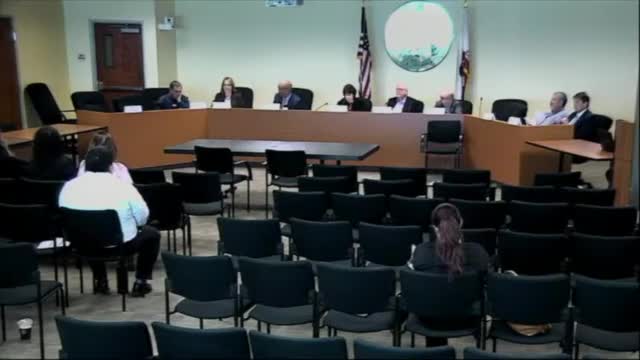
Bureau announces retirements, promotions and plan to reclassify lab chemist series
